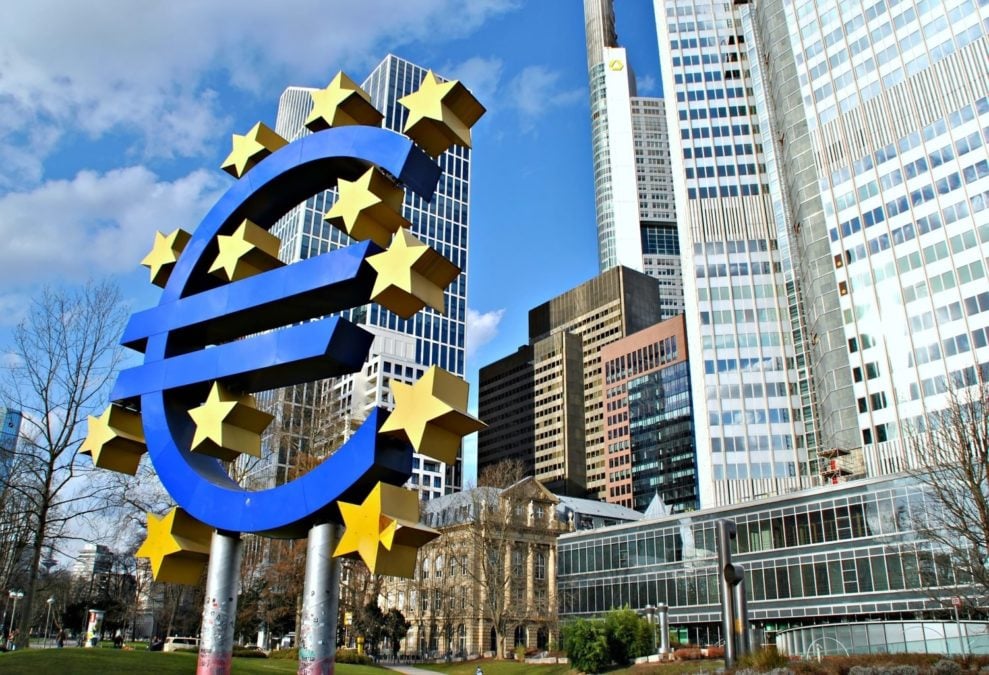ECB official floats idea for limits on digital euro holdings to discourage hoarding


Officials at the European Central Bank have said in recent weeks that they continue to assess all the factors behind a potential launch of a digitized version of the euro.
Among those areas of consideration: the potential effect a digital euro might have on the integrity of the European banking system -- and how a digital euro may alter consumer behaviors to the detriment of the health of consumer-facing banks. This consideration has proven to be a consistent theme among public statements from central banks on the topic of central bank digital currencies, or CBDCs.
On February 10, ECB executive board member Fabio Panetta discussed some of these design considerations during an online seminar. One specific concern he highlighted is whether a digital euro might incentivize consumers to shift deposits away from commercial banks and to the central bank -- in particular, perhaps, during times of crisis.
One possible option to forestall this behavior: place a cap on digital euro holdings at the individual level, according to Panetta.
"This would prevent large inflows of bank deposits – as well as volatile portfolio inflows from abroad – into the central bank," Panetta remarked, who went on to say:
"One way of doing this, while allowing the digital euro to be used for large transactions, would be to require incoming funds in excess of a user’s limit to be redirected to a bank account. The link between private money and digital euro accounts would avoid fragmentation of a user’s liquidity and would also be useful for outgoing payments. Large outgoing transactions could be conducted by transferring a combination of digital euro and private money."
Panetta also suggested what would effectively be a negative interest rate on accounts to forestall hoarding of digital euros. The goal of such a rate, he argued, would be to encourage using the digital euro as a means of payment.
"Up to that threshold, amounts held in digital euro would never be subject to negative interest rates and would thus never be treated less favourably than cash," said Panetta. "Above that threshold, remuneration would be set so that larger digital euro holdings are only worthwhile to make larger payments and not on an ongoing basis as a form of investment."
Panetta's comments come as ECB officials continue to grapple with the question of whether to issue a digital euro. Panetta largely echoed what other officials have said about this process, noting in his remarks: "Only when all issues have been addressed will we make a decision about whether or not to issue a digital euro."



